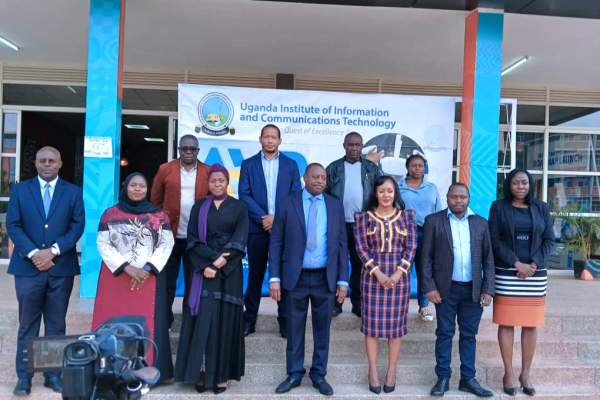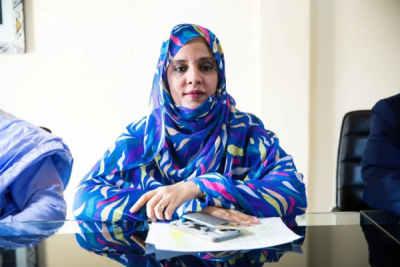Despite facing challenges, African nations are investing more in Information and Communication Technologies (ICT) across different industries. In the field of education, Uganda is aiming to make significant advancements.
Ugandan authorities on Friday inaugurated the steering committee for an Augmented Virtual Reality (AVR) project at the Uganda Information Communication Technology (UICT) university. The project aims to introduce AVR into classrooms.
Fredrick E. Kitoogo, UICT's director, announced that “1,267 staff and students from UICT have been enrolled on the AVR platform, with 1,370 total logins recorded. 5000 educator licenses with 1267 already issued to UICT staff and students; and 750 enterprise licenses are yet to be distributed.”
The project is part of the Ugandan government's broader efforts to improve education quality through the use of new technologies. Authorities believe that virtual reality and augmented reality can create immersive and interactive learning environments, enhancing student engagement and motivation.
Uganda has also allowed smartphones, tablets, and computers in schools. “We are mindful of the fact that IT devices are expensive. So government has come up with projects like furnishing school computer labs. With time, government is coming up with measures to ensure that the cost of these devices is brought down so that they are as affordable as possible,” said Aminah Zawedde, Permanent Secretary of the Ministry of ICT.
Adoni Conrad Quenum



















